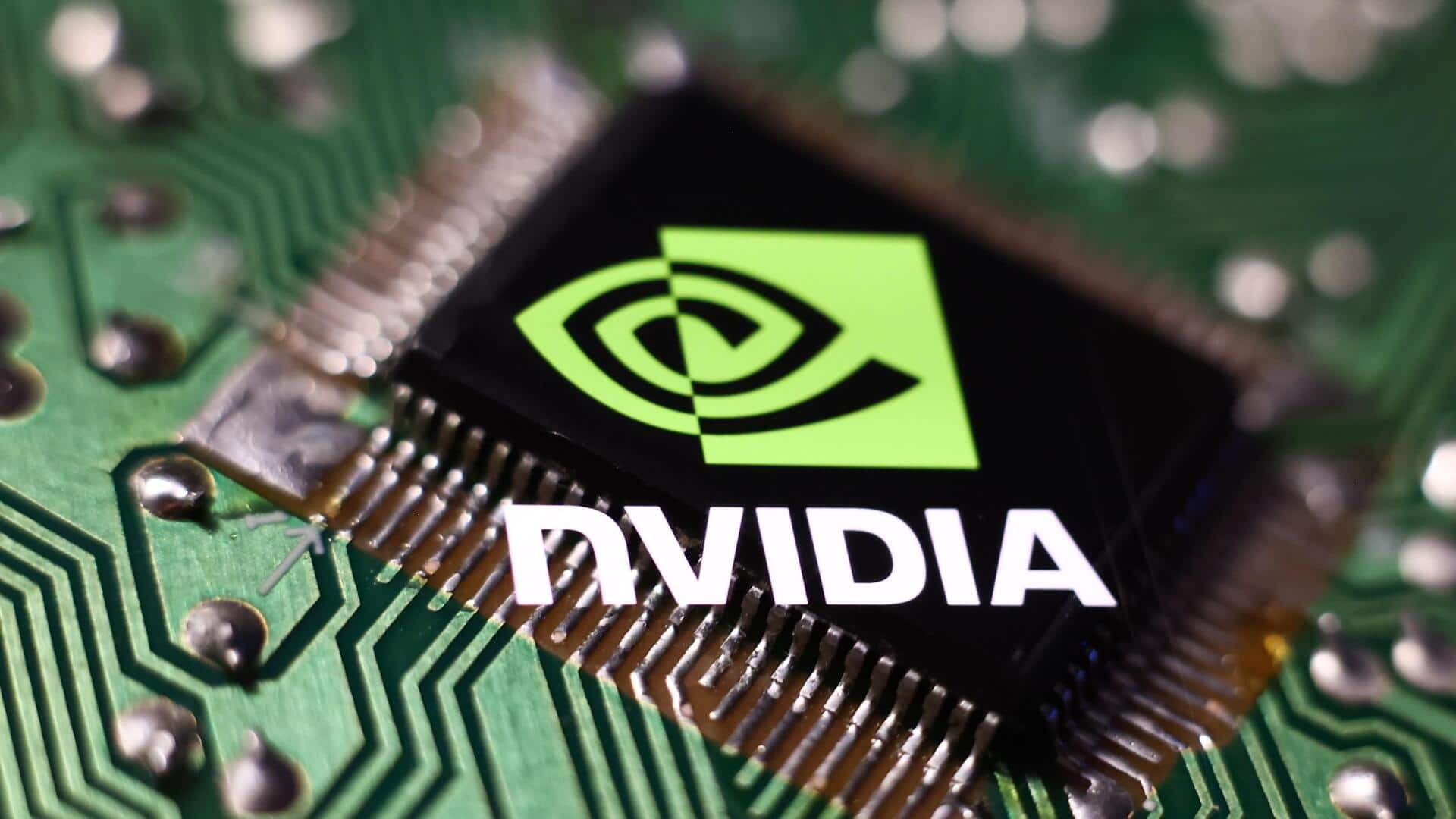
Why China urged local firms to avoid NVIDIA's H20 chips
What's the story
Chinese authorities have advised local companies to steer clear of NVIDIA's H20 chips, especially for government-related work. The guidance is part of a broader effort by Beijing to bolster its domestic chip industry and reduce reliance on foreign technology. The move could further complicate NVIDIA's attempts to recover billions in lost revenue from China sales.
Broader impact
AMD also affected by the restrictions
The Chinese government's guidance also applies to AI accelerators made by Advanced Micro Devices (AMD). However, it is unclear if any notices specifically mentioned AMD's MI308 chip. This wider net of restrictions could have a significant impact on the sales as well as distribution of these advanced technologies in China.
Questions raised
Beijing's letters to companies included questions on security concerns
Some of the letters from Beijing to companies included queries about their preference for NVIDIA H20 chips over local alternatives, if it was a necessary choice, and if they had encountered any security issues with NVIDIA hardware. These questions highlight China's concerns over foreign technology and its potential impact on national security.
Security concerns
China's state media has raised doubts about H20 processors
China's state media has questioned the security and reliability of H20 chips, a claim NVIDIA has repeatedly denied. The tech giant claims that its products have no "backdoors" that would allow remote access or control.
Expansion risk
Potential expansion of restrictions
China's most stringent chip guidance is currently limited to sensitive applications, similar to how it restricted Tesla vehicles and Apple iPhones in certain institutions over security concerns. However, there are indications that these restrictions could be expanded to a wider range of settings. This potential expansion underscores China's commitment to safeguarding its national security interests amid rising global technological competition.